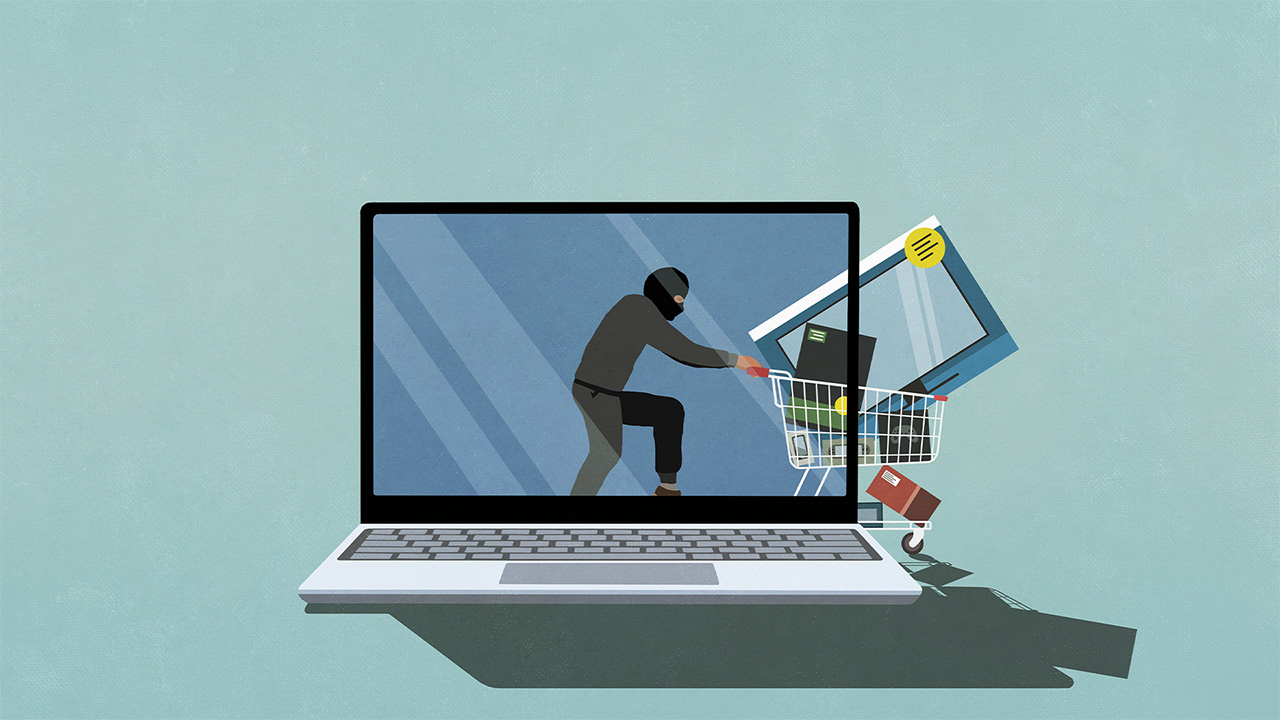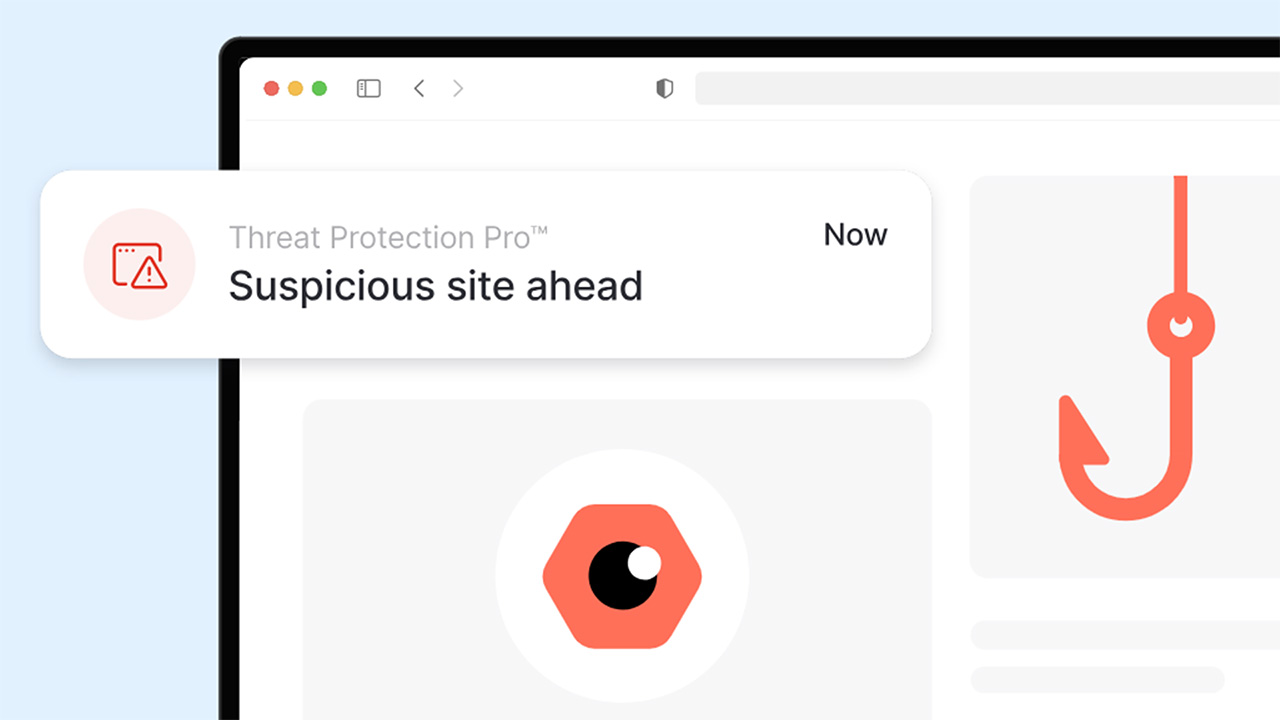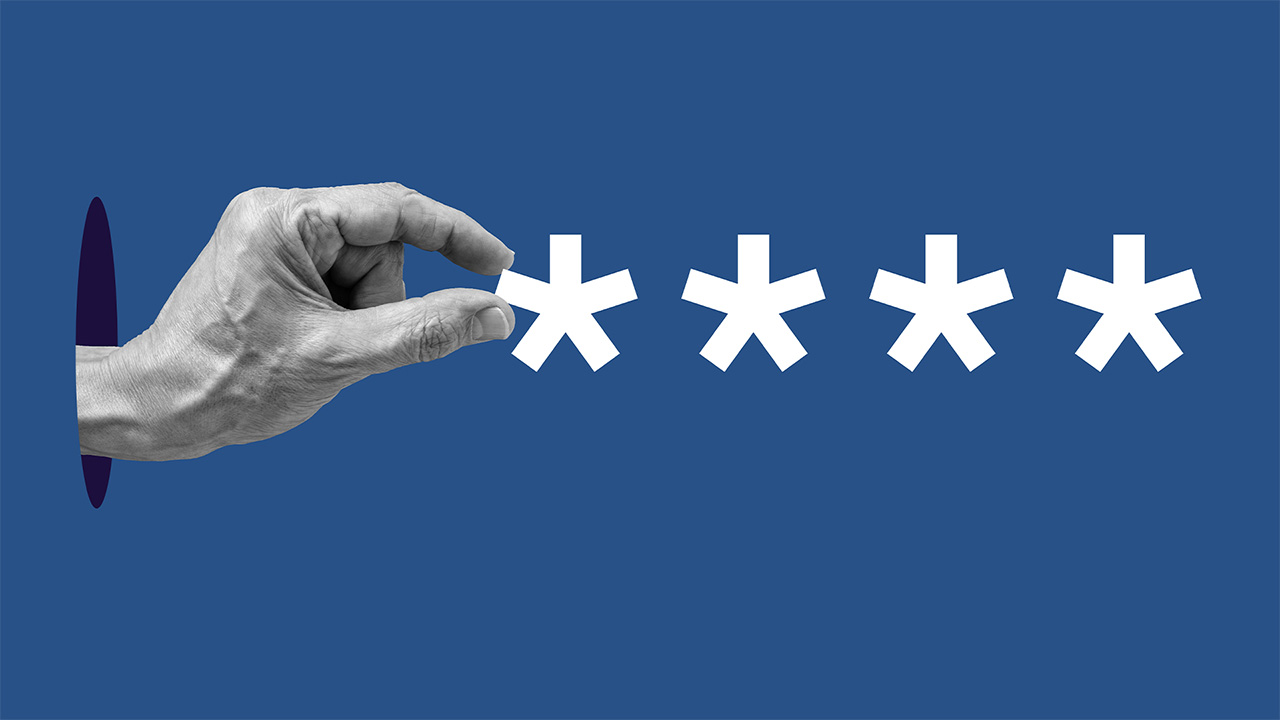
Amazon Prime Day 2025 is nearly over, however there's still time to get your hands on some great tech deals.
Getting the best price possible might be a priority, but don't fall victim to too-good-to-be true deals. Scammers prey on Amazon Prime Day buyers, and will use an array of tactics, such as fake shops and phishing, to steal your personal information.
The best VPNs, along with the best password managers and best antivirus software, are some of the tools that can help protect you during peak online shopping periods.
Below we'll set out a few tips that'll help you stay safe for the remainder of Amazon Prime Day 2025.
Let's start with VPNs
VPNs aren't for everyone, but they're a useful tool to protect yourself when online shopping. VPNs protect your online traffic by sending it through an encrypted tunnel, hiding it from scammers and other third-parties.
You can change your IP address to appear as though you're visiting the site from a different country, hiding your actual location, and protecting your privacy.
If you're planning on doing any shopping when connected to public Wi-Fi, or sat in a coffee shop, then a VPN will come in handy.
Public Wi-Fi hotspots are safe most of the time, but scammers can set up their own fake networks in order to hack you and steal your data.
If you're connecting to free public Wi-Fi via a VPN, all your data will be encrypted and protected, so even if it is seen by a scammer, they can do nothing with the information.

Many VPNs also include malware, antivirus, and phishing protection in their plans – although some are better than others.
These tools can identify malicious sites, and warn you of their danger, before you have the chance to click on them. NordVPN's Threat Protection Pro has been rated the best VPN malware protection and it's a certified anti-phishing tool.
Although many VPNs include malware and antivirus protection, not all of them perform well. Purchasing the best antivirus software is another great way to protect yourself from scams.
NordVPN Prime – NordVPN's most premium plan – includes NordProtect. This provides you with up to $1 million in cyber insurance, up to $100k in cyber extortion insurance, credit and dark web monitoring, and a dedicated case manager.
NordVPN Prime is part of Tom's Guide exclusive deal. 28 months of protection is currently $6.33 per month ($177.36 up front pre-tax) and comes with a $50 Amazon gift card.

You never want to fall victim to a scam. But if you do, NordProtect will grant you the tools to fight back. ExpressVPN offers something similar with its Identity Defender suite.
ExpressVPN isn't on offer this Amazon Prime Day – its price remains at $4.99 per month – but there is 30% off its Aircove and Aircove Go Wi-Fi 6 routers.
Reinforcing good password habits
Human error is still the leading cause of cybercrime, and making sure you have a strong password is essential to protecting yourself when shopping online this Amazon Prime Day.
You may have to log into existing accounts, or create new ones when checking out, so in order to protect things such as your card details or home address, you're going to need a strong password.
123456 is the world's most popular password, and the top 20 passwords in both the UK and US can be cracked in under a second.
Passwords should be long, unique, and made up of a variety of letters, numbers, and symbols. They should never be repeated, so if you use the same couple of passwords for all your accounts, you may want to rethink that.

Using one of the best password managers is the perfect way to improve your password habits. They will generate, and remember, secure, complex passwords for you, meaning you can have a strong, unique password for every account you have.
Password managers are often included in premium VPN plans – NordVPN has NordPass, ExpressVPN offers ExpressVPN Keys, and Proton VPN includes Proton Pass in its Proton Unlimited plan.
Spotting fake shops
Fake online shops are especially dangerous, due to their very convincing appearance. Scammers adopt tricks like subtly altering website URLs, and hiding their actual length – replacing "Amazon" with "Arnazon" is a common one, and easy to miss if you're not paying attention.
Skewed reviews, typos, and "too good to be true" discounts, are other red flags you should be aware of. Be vigilant and cautious, and only click on links you're 100% sure are safe.
We test and review VPN services in the context of legal recreational uses. For example:1. Accessing a service from another country (subject to the terms and conditions of that service).2. Protecting your online security and strengthening your online privacy when abroad.We do not support or condone the illegal or malicious use of VPN services. Consuming pirated content that is paid-for is neither endorsed nor approved by Future Publishing.







